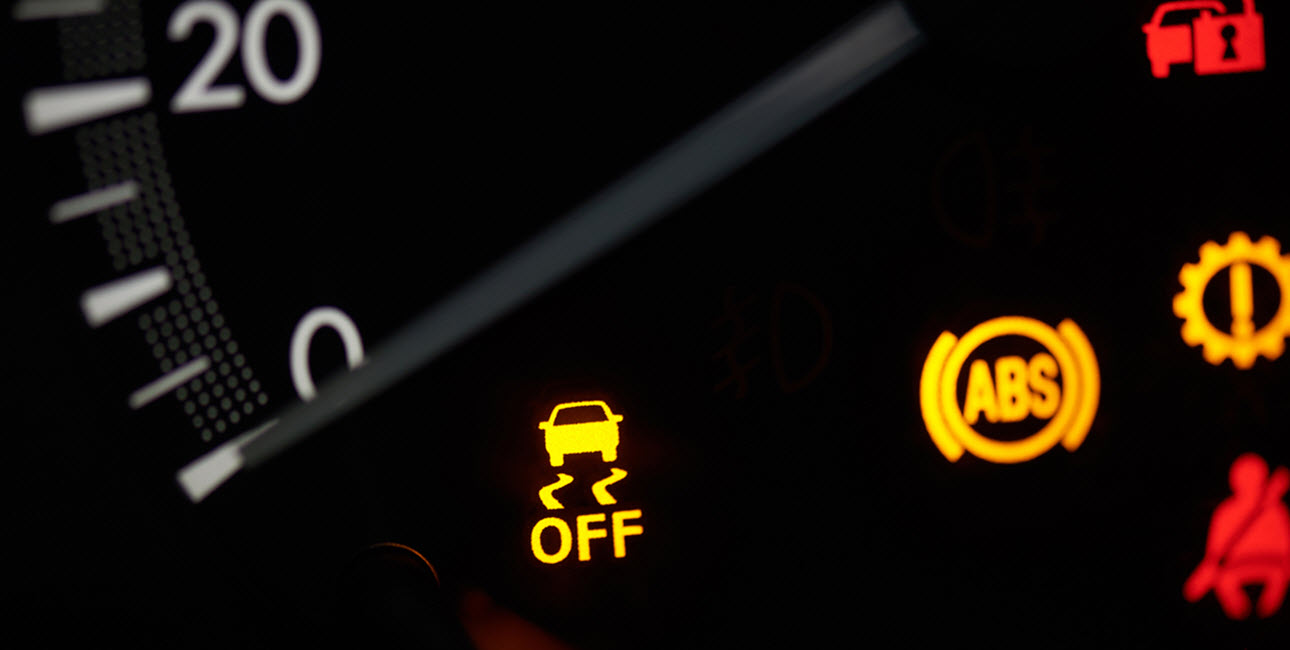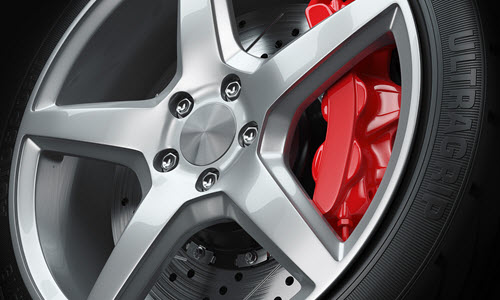
Signs of ABS System Malfunction in Your Hyundai from Certified Mechanics in Birmingham
The ABS (Anti-lock Brake System) in your Hyundai is to aid in stopping your vehicle on slick roads or to avoid a collision. When you apply hard pressure to your brakes, you will feel the ABS system “pump” your brakes to ensure they do not lock up in an emergency situation.
If the ABS warning light appears on the dashboard, the brakes will still stop the car when pressure is applied during normal driving conditions. However, during hazardous conditions or in the event of trying to avoid a collision, it is possible the brakes wouldn’t work appropriately.
Before we discuss common issues with the ABS system, let’s look at the main components of it:
- Wheel Speed Sensors: These sensors determine if the ABS system needs to interject to aid the stopping of the vehicle, based on the rotation speed of the wheel. Under normal driving conditions, the ABS isn’t noticeable to the driver, but if a hard stop is necessary, the ABS engages automatically.
- The Pump (or ABS Modulator): When you press hard on your brakes, the pressure decreases in the braking system to aid in stopping the car. The pump pushes pressure back into the brake line after applying the brakes, ready for the next time they are needed.
- The Control Module: The control module of the ABS system processes all the information it receives from the sensors within the braking system, like a computer taking on data and spitting out solutions.
When something goes wrong with the ABS system, the ABS light will illuminate on the dashboard. These are some common issues leading to failure of your ABS system:
- Corrosion: If there is corrosion in the ABS system, this can create a gap around the sensor which makes the ABS unable to detect wheel speeds accurately. This typically occurs at lower speeds. Drivers report that the brakes feel like they are “fading.”
- Low Brake Fluid: Typically, a leak or loose seal is to blame for low brake fluid. If this happens, the brakes might feel soft when applying pressure and the vehicle might not stop as quickly as necessary. Low brake fluid can indicate other issues involving the braking system in your car, so it is important to have a technician look at it sooner rather than later.
- Wiring: Sensors wires can become damaged from road debris, such as rocks, metal pieces, or harsh road conditions. When the wires become damaged, the sensor does not receive the information needed to function properly. Sometimes, this can cause the ABS warning light on your dashboard to turn on and then off again. It is still important to have your vehicle looked at in case something more serious is going on.
- Pump Failure: If there is not an appropriate flow of pressure within the brake line of the ABS system, this can make pushing down on the brake pedal difficult. It may feel hard when you push it. When this happens, it can be an indicator of a leak, tear, or corroded hose within the system preventing enough pressure to build back into the braking system for the next push on the brake. If you apply hard pressure to your breaks regularly, this can become an issue.
- Control Module Failure: An issue in the control module of the ABS system can lead to unpredictable braking performance, such as activating the anti-locking mechanism in normal braking conditions. If the brakes aren’t reacting quickly when you press on them or it is more difficult to engage the brakes, this could be an indicator of module failure.
Franklin Automotive Helping to Keep You Safe
At Franklin Automotive, we understand import cars and their drivers.  That’s why we’ve been committed to delivering high-quality repairs & customer service since 1992 at our convenient locations in Birmingham, Hoover, Homewood, Vestavia, Mountain Brook, Inverness, Cahaba Heights, and Greystone.
That’s why we’ve been committed to delivering high-quality repairs & customer service since 1992 at our convenient locations in Birmingham, Hoover, Homewood, Vestavia, Mountain Brook, Inverness, Cahaba Heights, and Greystone.
Our ASE Certified Technicians have over 150 years of combined experience to quickly and accurately diagnose issues, keeping your Hyundai safe on the road. Our technicians perform a thorough diagnostic check on your vehicle and use factory-grade equipment and tools, ensuring your Hyundai runs just like new after each visit.
We know dealing with car trouble can be frustrating so we make it easy by allowing you to set up an appointment online or over the phone. One of our knowledgeable team members is happy to take your call at (205) 969-2886 with questions or to make an appointment or you can schedule your appointment online.
 2880 Acton Road,
2880 Acton Road,



